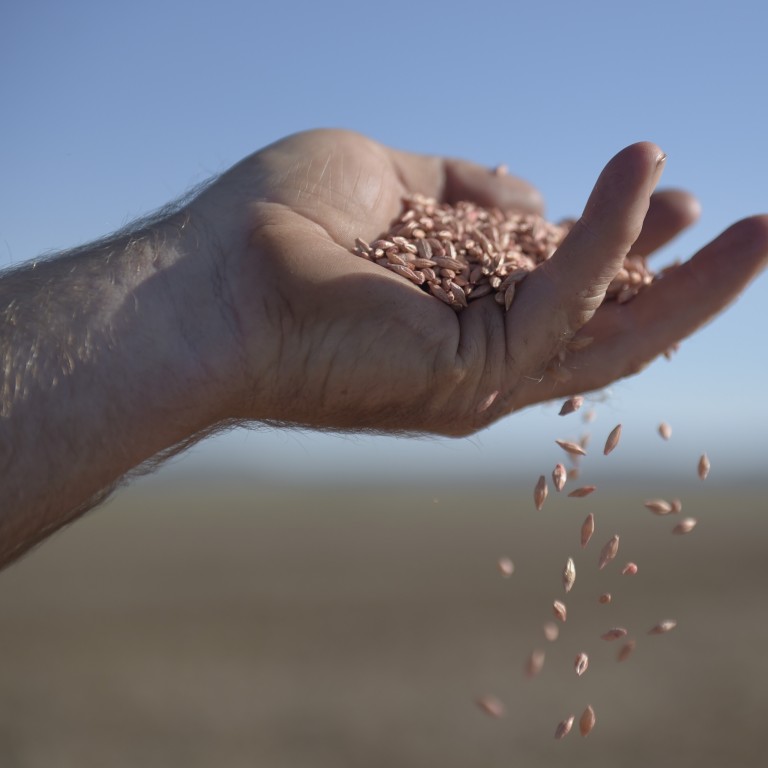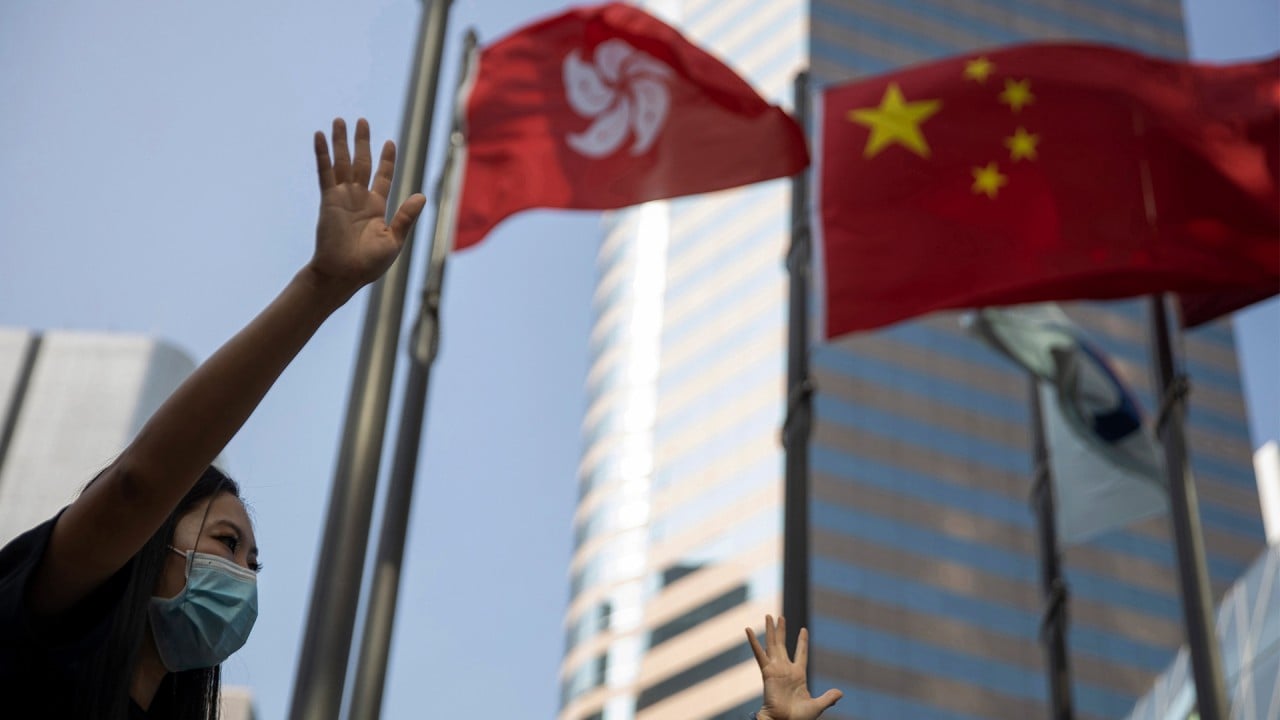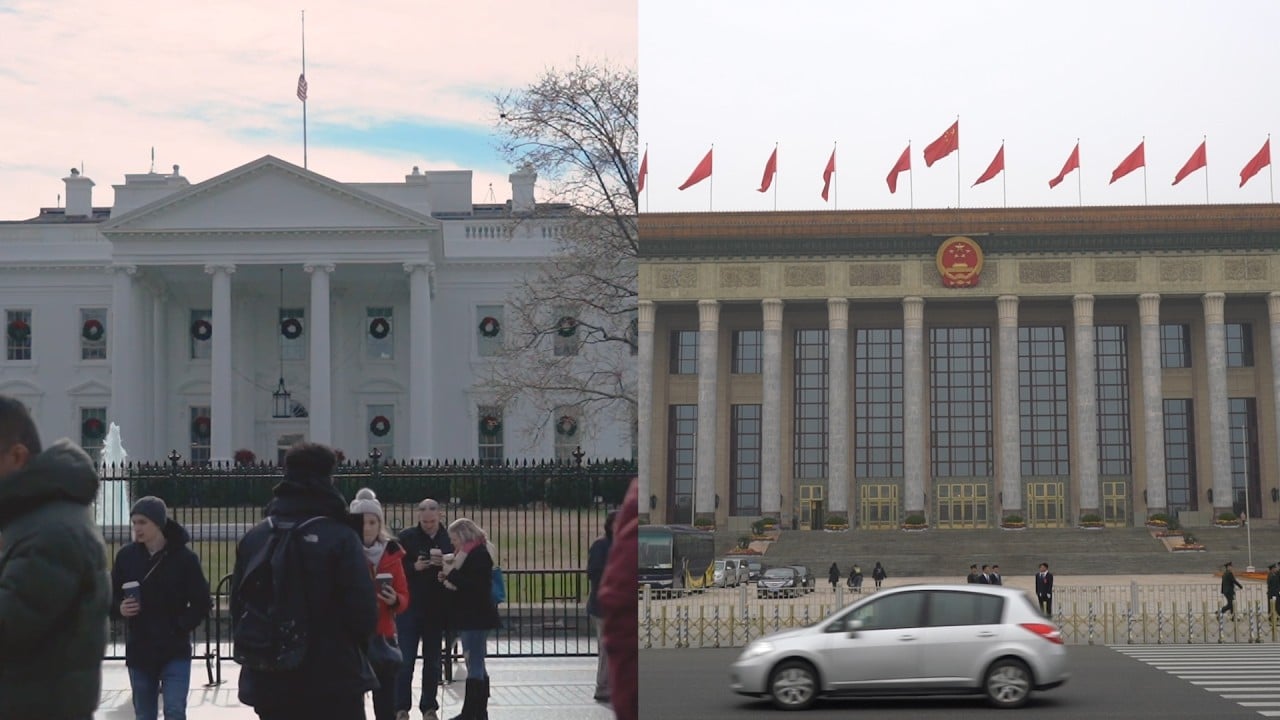
Australia ‘carefully and closely’ watching US-China phase one purchases for signs of trade diversion
- Australia’s Trade Minister Simon Birmingham told the ‘South China Morning Post’ that he is watching US-China trade flows for signs of export diversion
- China last month banned beef from four Australian abattoirs, slapped an 80.5 per cent tariff on Australian barley, but stepped up American imports of the same goods
Canberra is looking “carefully and closely” at US-China trade flows, with the inference that the phase one trade deal is causing “managed trade” that may breach World Trade Organisation protocols and damage Australia’s exports.
Trade Minister Simon Birmingham told the South China Morning Post in a statement on Monday that while “the full nature or implications of this arrangement may not be clear for some time”, Australia is on the lookout for trade diversion that could hit its own exports to China.
Australia’s caution may be made moot by recent events that threaten the US-China phase one trade deal. Chinese government officials have told major state-run agricultural companies to pause purchases of some American farm goods including soybeans and pork as Beijing evaluates the ongoing escalation of tensions with the US over Hong Kong, news agencies reported Monday.
However, Chinese state-owned firms bought at least two more cargoes of US soybeans on Monday despite the reports that they would stop doing so, Reuters and agriculture trade publication AgriCensus reported.
On Friday, US President Donald Trump ordered his administration to begin the process of removing Hong Kong’s current US trade privileges in response to China decision to impose a new national security law on Hong Kong, but stopped short of calling for sanctions that would affect the financial industry or the phase one trade deal.

01:56
Hong Kong is no longer autonomous from China, US determines
Birmingham voiced confidence that the China-Australia Free Trade Agreement, as well as a different export portfolio to the US might shield Australia from a loss in trade. This is despite the fact that China has opened the door to American barley and beef imports in recent weeks, as it looks to increase its imports of American goods by US$200 billion from 2017’s level over the next two years.
“We expect pork, poultry and soybeans to command much of the commodities that will be exported from the US to China, rather than some of our key exports such as beef and wine where we will continue to maintain tariff differential advantages,” Birmingham said.
“Australia has had a major advantage in the Chinese market for many years given our high-quality free trade agreement. This has meant our goods have landed in China with lower tariffs and have given us a competitive advantage.”
“We were never going to have this advantage forever, but as long as the US-China deal is applied in ways that allow fair competition to flow, we should back the quality of our exporters to compete against any other nation.”
The International Monetary Fund said in a research report that in the absence of a boost in China’s domestic demand, the phase one deal would likely cause “substantial trade diversion effects for other countries”.

02:06
Coronavirus pandemic creates ‘new Cold War’ as US-China relations sink to lowest point in decades
In the US, experts said Washington would likely avoid any public perception that US farmers were benefiting at Australia’s expense, given shared wariness of China’s military, political and human rights policies.
Close ties between Australia and the US at a fraught geopolitical time may also mean that Canberra is unlikely to accuse Washington of “selling out an ally”, at least in public, due to China’s growing purchases of American beef and barley, said Philip Shull, a trade consultant who led the US Department of Agriculture’s Beijing operation under the Obama administration.
“I am not aware that the US ever criticised Australia or Argentina for increasing their sales to China during its long and technically unjustified ban on US beef,” he said. “Our trading partners all understand that China, at some point or other, can be expected to rubbish everyone.”
Looking at the Australia-China spat, Shull said China had a long history of using economic “carrots and sticks” for political purposes. “China’s bark is often worse than its bite. But sometimes the bite comes without a warning,” he said.


